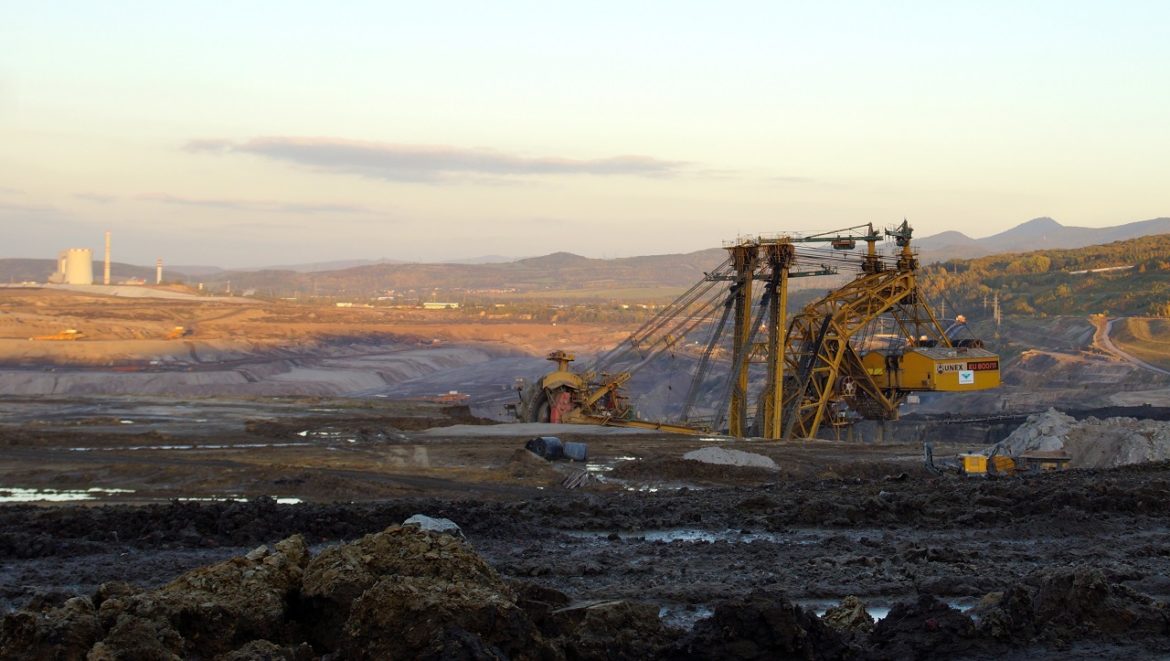Gold has all the potential to go unprecedentedly high. But silver will be gold on
Site:
Precious metals news
Nassim Nicholas Taleb has a message for investors. Prepare for a painful return to reality. His comments come the same week that his long-time colleague and protege, Universa Chief Investment Officer Mark Spitznagel, warned investors that the market is a “tinderbox-timebomb” that could rival the unraveling of the 1930s era Great Depression given the boom in debt.
The Federal Reserve will likely push back against suggestions it will soon halt interest-rate increases and then start to ease policy by year’s end, according to DoubleLine Capital LP Chief Investment Officer Jeffrey Gundlach.
The US central bank is now losing around $1bn per week. In 2023 the Fed is likely to turn in its first annual operating loss since 1915.
Last year, hackers stole $3.8 billion in funds from crypto investors, up 13% from 2021 and marking a record high for the annual theft of digital coins.
The world’s dealmakers are enduring their worst start to a year in two decades, as economic and financing headwinds continue to prevent a bounceback in mergers and acquisitions.
 Exxon’s Record $56 Billion Profit Has Renewed the White House’s Outrage at Oil Companies
Exxon’s Record $56 Billion Profit Has Renewed the White House’s Outrage at Oil CompaniesFeb 1, 2023 - 05:51:22 PST
ExxonMobil raked in $55.7 billion in annual profits, shattering a 2008 record of $45 billion and setting a new goalpost for American and European fossil fuel companies.
Mortgage applications for home purchases in the US fell last week by the most in a month, indicating the housing market is struggling to gain traction despite a recent easing in borrowing costs.
Shaky property markets across much of the world pose another risk to the global economy as higher interest rates erode household finances and threaten to exacerbate falling prices.
 America's $31 Trillion Debt Is Getting Dangerous As Yearly Interest Crosses $500 Billion Mark
America's $31 Trillion Debt Is Getting Dangerous As Yearly Interest Crosses $500 Billion MarkFeb 1, 2023 - 05:38:40 PST
What happened: Since 2020, the U.S. debt has increased by $8 trillion, with several record-breaking spending bills...
 Global Factory Activity Contracted Again in Jan, Highlighting Fragile Recovery
Global Factory Activity Contracted Again in Jan, Highlighting Fragile RecoveryFeb 1, 2023 - 05:34:27 PST
Manufacturing activity across Europe and Asia contracted again last month, underscoring the fragility of the global economic recovery, although factories in the euro zone at least may have passed the trough, surveys showed on Wednesday.
For many traders and economists, a resilient jobs market is a sign that an expected economic slowdown this year will be shallow. Company bosses, on the other hand, appear to be questioning whether they have the right number of people for the looming downturn.
European borrowers sold a record 280 billion euros ($304 billion) of debt in January, in a jump outpacing U.S. peers, to take advantage of tumbling borrowing costs and better-than-expected economic conditions. January's figures follow a year that saw the biggest jump in government borrowing costs in decades - from the United States to Asia and Europe - as inflation soared.
With the rout in the group’s stocks triggered by short seller Hindenburg Research’s fraud allegations reaching $92 billion on Wednesday, the risk is that more financial institutions start to scrutinize their exposure to the indebted conglomerate.
The Bank of Japan bought a record $182 billion worth of government bonds in January, data showed on Wednesday, underscoring its resolve to defend its yield cap from attack by investors betting on a near-term interest rate hike. With its heavy-handed intervention drying up bond market liquidity, the BOJ is increasingly relying on a new funds-supply tool to keep the 10-year...
 Interest Rates Around the World Are Set to Reach Their Highest Point Since 2007
Interest Rates Around the World Are Set to Reach Their Highest Point Since 2007Feb 1, 2023 - 05:24:11 PST
Central banks in the US, UK, and the euro zone are widely expected to raise benchmark interest rates to their highest levels since just before the financial crisis 15 years ago.
Feb 1, 2023 - 05:21:44 PST
Consumer prices rose 8.5% in January compared with the same month a year earlier, down from a 9.2% increase in December.
Cutting to the chase, ahead of the Fed's decision (due at 2pm, Powell press conference 2:30pm, no projections so no new dots so no way to push back more on market expectations for sub-5% terminal rate), the key question - as Goldman puts it - is "what the FOMC will signal about further hikes this year" since 25bps tomorrow is in the bag and what matters to stocks is i) will this be the final rate hike and ii) how long will the Fed keep rates here before starting to cut.
 U.S. Stock Futures Shift Lower as Investors Brace for Fed Policy Decision
U.S. Stock Futures Shift Lower as Investors Brace for Fed Policy DecisionFeb 1, 2023 - 05:18:28 PST
A new month of trading is set to kick off with losses, as markets wait to hear from the Federal Reserve, whose two-day policy meeting wraps up Wednesday.
Is the Federal Reserve easing off the accelerator on its inflation fight?The answer depends on whether you believe your eyes or your ears.
Gold mine production was up modestly in 2022 as mining operations normalized post-pandemic. But mine output still hasn't returned to the peak we saw in 2018, boosting speculation that we have possibly reached "peak gold."




